
Cheshire West and Chester Council’s bid for £1.075m Government funding has taken a step forward as the Council joins 17 applications invited to submit a business case for phase two assessment.
The Government’s Rural Mobility Fund aims to trial demand-responsive transport solutions to understand whether they can work better for residents of rural and suburban areas than traditional timetabled bus services.
The Council’s proposals are based on the communities of Helsby, Frodsham and the surrounding rural communities including Kingsley, Crowton, Acton Bridge, Norley, Flaxmere, Commonside, Delamere, Manley, Mouldsworth, Alvanley, Hapsford, Ince & Elton.
Councillor Karen Shore, Deputy Leader and Cabinet Member for Environment, Highways and Strategic Transport said: “There were 56 proposals submitted to the Department for Transport from 44 local authorities, I’m very pleased our proposal is one of the 17 selected to progress to the next phase.
“Our proposal recognised that the potential funding available wouldn’t enable the demand-responsive transport service to be trialled across the whole borough. It is therefore based on an area with challenging public transport connectivity.
“The funding could provide an excellent opportunity for us to innovate and support economic growth and activity, as well as to improve vital connectivity from rural to urban areas. In addition, we can improve air quality and deliver sustainable transport solutions, where otherwise travel by car would be the only option.”
The proposed trial service features specific journeys that passengers will pre-book on to. An important characteristic of this ‘crowd driven’ approach is to provide journeys that meet realistic needs and can therefore be expected to be used. The objective is to ensure the journeys are popular and can be sustainable. Fares that reduce as more people travel is one of the opportunities to be tested, working towards greater ‘crowd funding’ for a sustainable service.
The suggestion is for journey requests to be made through a website or a mobile application whilst also providing a non-electronic alternative. An App could have the capability to receive journey requests, allocate passenger journeys to vehicles and provide real time tracking.
Further work would evaluate each of these processes to assess the most cost-effective way forward and journeys that could reasonably be made by a timetabled bus (or train) service would not be duplicated.
Demand-responsive transport has the potential to transform the local transport offer in areas where demand is more dispersed and the distances involved make it more challenging to maintain or provide services which meet residents' needs, or in areas where links to existing transport are often less developed.
Successful bids will receive a share of £20 million to trial new on-demand services or to improve existing services in rural and urban areas. The aim is to deliver transport solutions that work better for residents, as well as reduce the overall cost to the public of providing local transport in these areas.
The proposal makes an estimate of requiring £1.075m from the Rural Mobility Fund for a three-year trial potentially starting in the Autumn of 2021.
The plans will now be developed into a business case for submission early in February with decisions on funding awards to be announced in March.

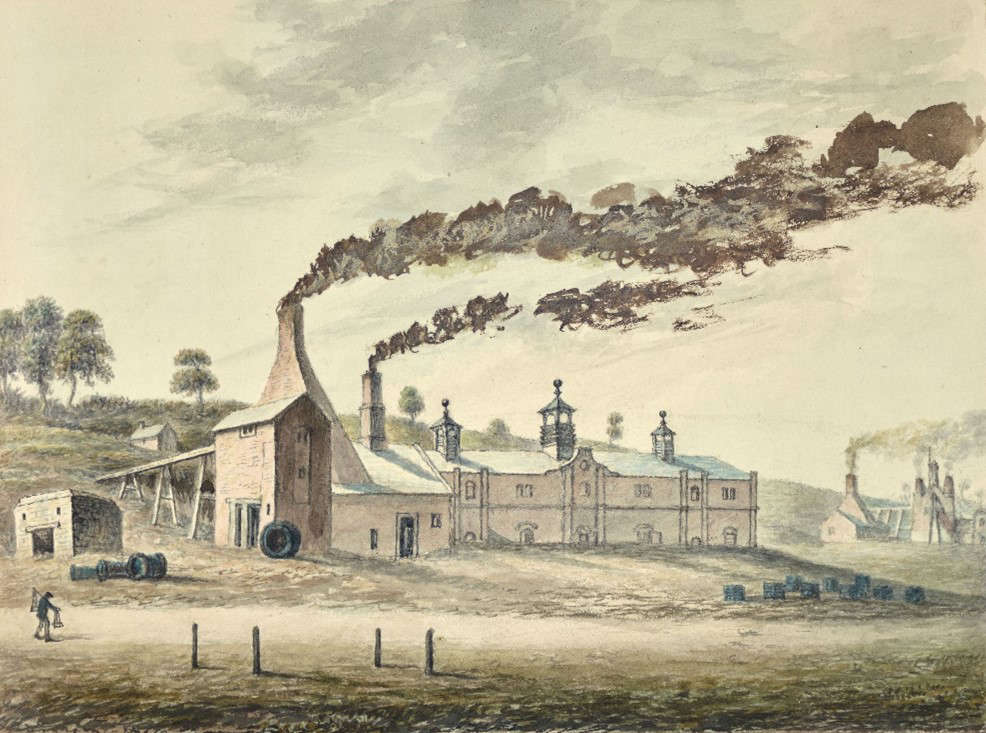 Revealing Flintshire's Place in History
Revealing Flintshire's Place in History
 Appeal for witnesses following serious collision in Ellesmere Port
Appeal for witnesses following serious collision in Ellesmere Port
 UPDATE FROM BLUES BOSS CALUM MCINTYRE
UPDATE FROM BLUES BOSS CALUM MCINTYRE
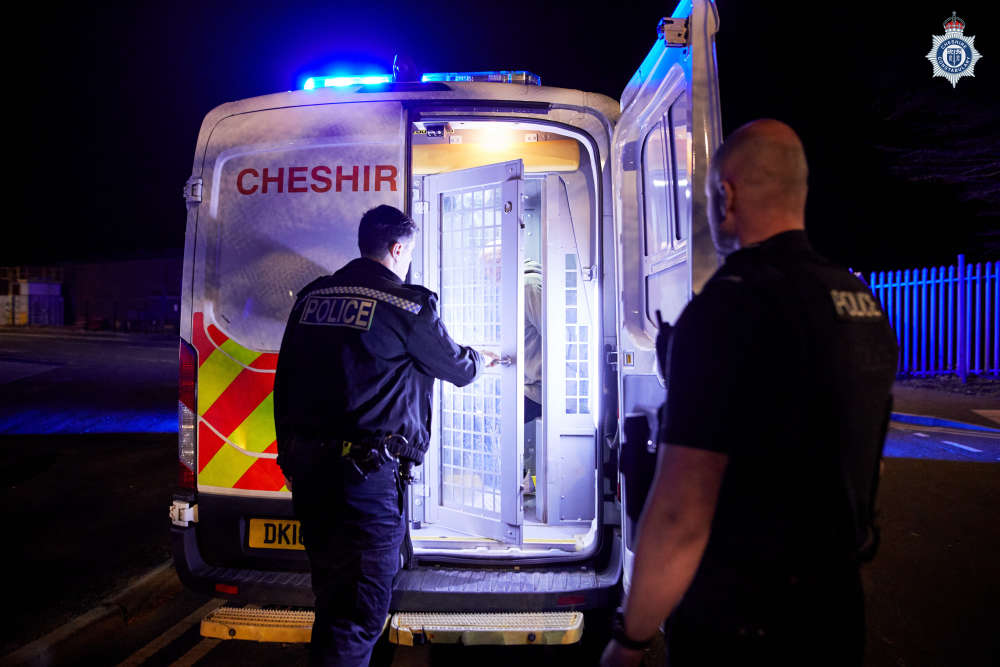 Latest figures show crime in Cheshire continues to fall
Latest figures show crime in Cheshire continues to fall
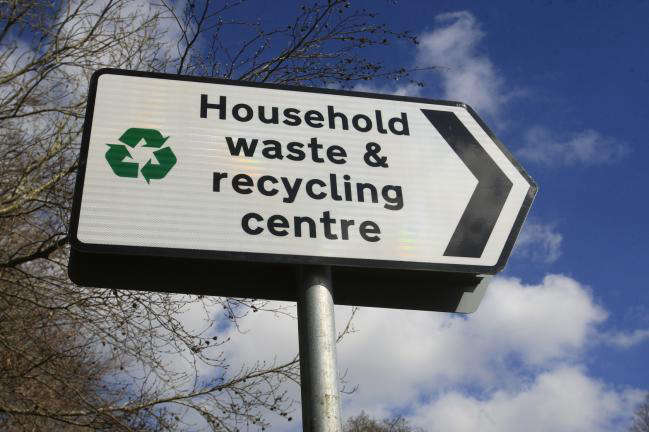 Revised opening days at Flintshire Household Recycling Centres
Revised opening days at Flintshire Household Recycling Centres
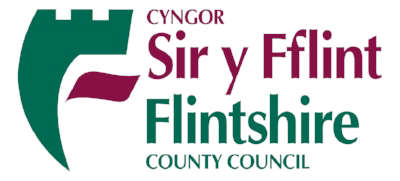 Funding secured for North East Wales Archive
Funding secured for North East Wales Archive
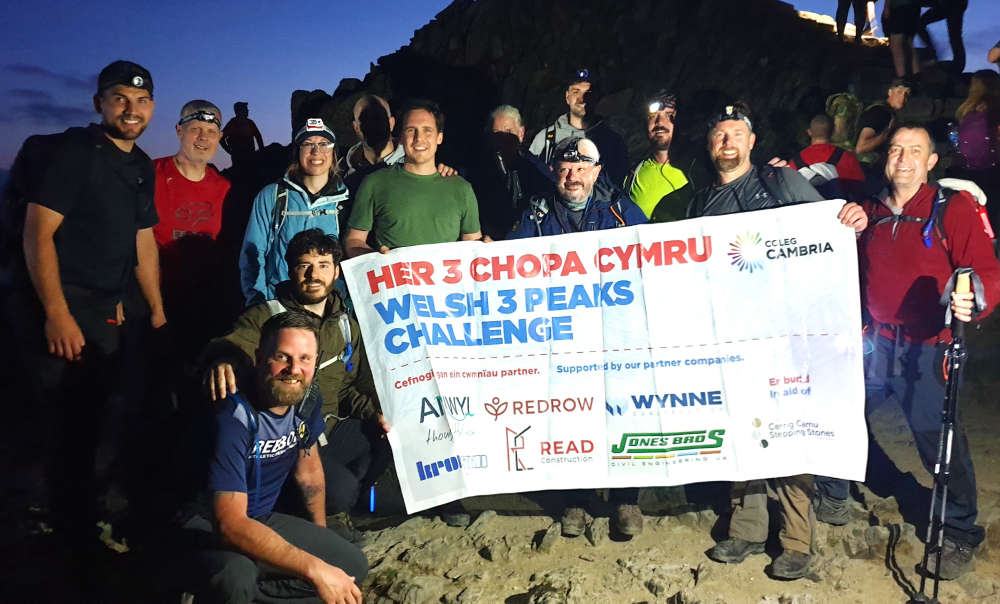 Fearless fundraisers are about to take on their biggest ever feat for a children’s charity
Fearless fundraisers are about to take on their biggest ever feat for a children’s charity
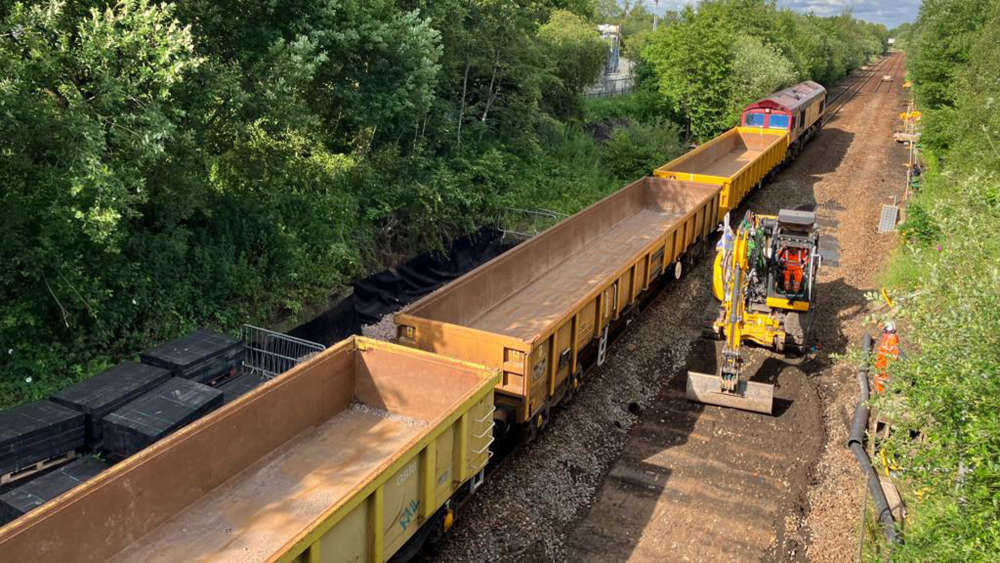 North West rail improvements planned this May Bank Holiday
North West rail improvements planned this May Bank Holiday
 Cheshire firefighters to deliver vital vehicles and equipment for Ukrainian firefighters
Cheshire firefighters to deliver vital vehicles and equipment for Ukrainian firefighters
 Chester and Wirral Football League - Weekend Round Up
Chester and Wirral Football League - Weekend Round Up
 Four weeks to go to Council’s first electric vehicle awareness event
Four weeks to go to Council’s first electric vehicle awareness event
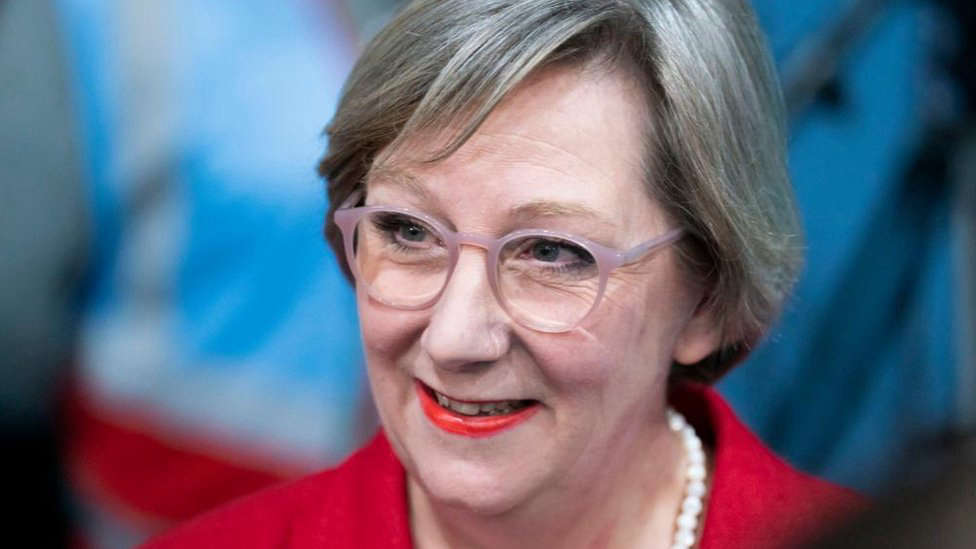 Chester shopping scene ranked in the top 10 best shopping destinations in the country
Chester shopping scene ranked in the top 10 best shopping destinations in the country
 Appeal for information following Chester car thefts
Appeal for information following Chester car thefts
 Police appeal to trace wanted man from Flintshire
Police appeal to trace wanted man from Flintshire
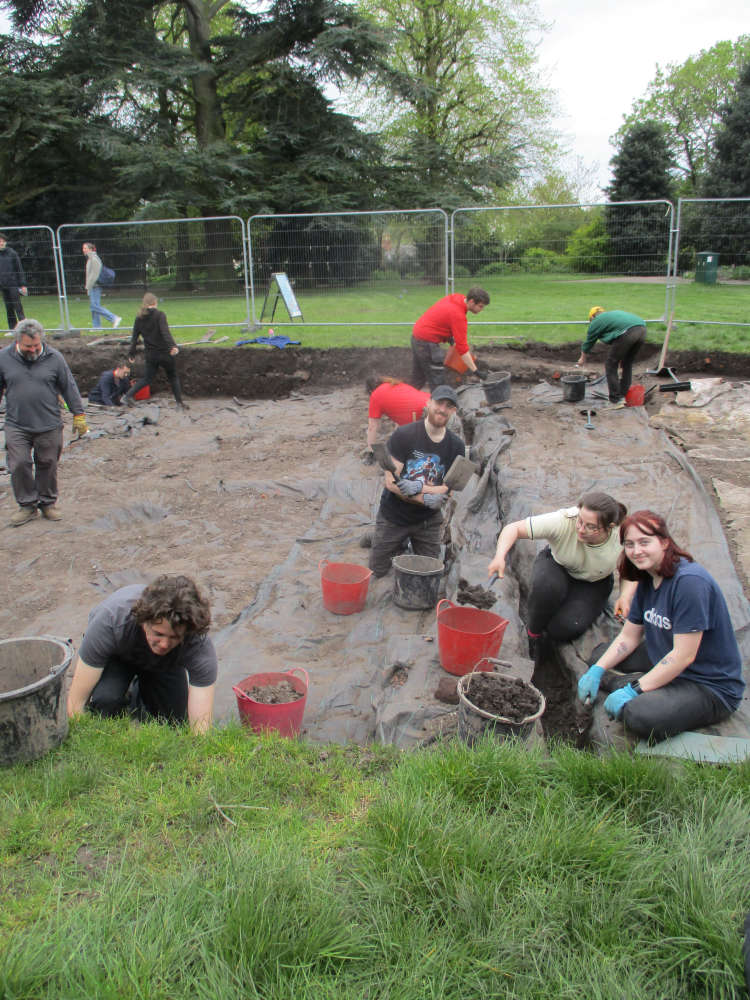 The Grosvenor Park dig is back
The Grosvenor Park dig is back
 North Wales Police - Recruitment Open Day
North Wales Police - Recruitment Open Day
 Calling all Flintshire Tradespeople
Calling all Flintshire Tradespeople
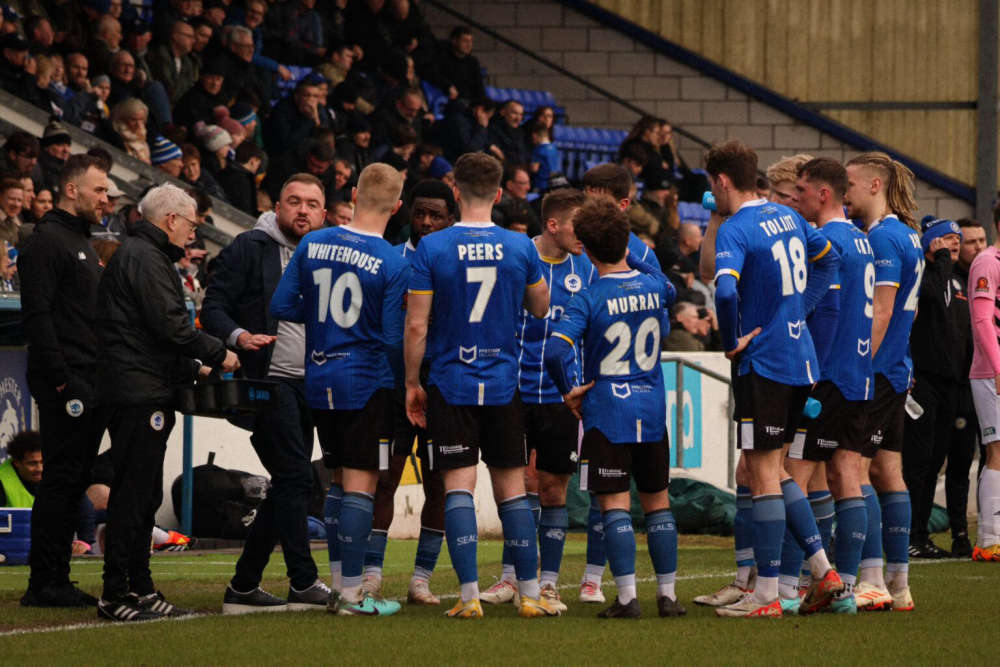 MATCH REPORT - CHESTER FC 0 - 0 DARLINGTON
MATCH REPORT - CHESTER FC 0 - 0 DARLINGTON
 MATCH PREVIEW - CHESTER FC v DARLINGTON
MATCH PREVIEW - CHESTER FC v DARLINGTON